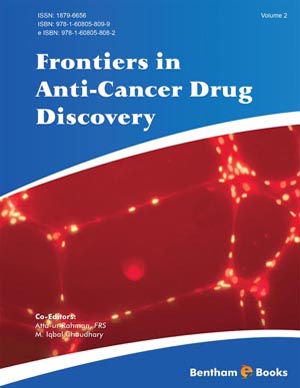Abstract
The anticancer agents share the distinction of having the lowest therapeutic indices among clinically utilized drug classes and hence antineoplastic chemotherapy is associated with dose-limiting toxicities. Moreover, many of the cytotoxic agents are characterized with pharmacokinetic problems, e.g., limited stability, fast elimination and low level of tissue penetration, further limiting their usefulness. The advances in our understanding of the tumor biology and microenvironment characteristics and the evolvement of nano-sized systems, suitable as drug-delivery platforms have conditioned immense research interest towards design and elaboration of tumor-targeted nano carriers. Based on the possibilities for ensuring tumor- or organ targeted delivery and triggered or controlled release nanocarriers allow for augmented and sustained anticancer activity of loaded agents, with a concomitant decreased systemic exposure and toxicity. Moreover, nano-carriers could also aid for improvement of the biopharmaceutical, stability and solubility characteristics of encapsulated drugs. The presented review gives a concise outline of the liposomes, polymeric micelles and related polymeric carriers, and molecular hosts as anticancer drug delivery platforms.
Keywords: Antineoplastic agents, targeted drug delivery, EPR effect, PEG, liposomes, nanoparticles, polymeric micelles, dendrimers, molecular hosts.






















